Article At Glance:
- Social isolation risks depression, illness, and reduced lifespan.
- Accept reality and recognize societal factors enabling isolation. Think creatively to improve connections.
- Listen to inner wisdom, understand needs, assess skills, and identify obstacles to engagement.
- Seek support if feeling extremely isolated, whether from communities, loved ones, hotlines, or professional help.
Are you wondering how social isolation can affect you or how to avoid it? Discover everything you need to know about social isolation in the era of COVID in this therapist-approved article.
We all feel it. We all know it. That creeping feeling, like something, is crawling up your back. Our brain goes into a loneliness spiral. Social isolation: it’s an epidemic in our society, and getting worse with COVID-19.
Have you ever sat on public transit, surrounded by others, but feeling more alone than when you’re by yourself? A curious aspect of social isolation is that we can feel it when we are surrounded by others. Loneliness can creep in and can feel even worse when we are physically surrounded by other humans.
On the other hand, people often feel lonely even in the presence of people they are close to. It’s that time of night, and as you scroll through social media, even if you have someone laying next to you in bed, you may still feel alone. This is unfortunately a common modern experience.

Definition of Social Isolation
What is social isolation? My take on the definition of social isolation is the reduced quality and frequency of social interactions in your life.
The trick to this is I think it’s relative- we could have a few truly meaningful social interactions a week or 40 hours of superficial interactions with coworkers. I would argue the higher quality as more impactful. Focus on quality, not quantity.
I think there is a perception involved in social isolation, as in, your perceived level of isolation, which I think stems from your feeling of aloneness/loneliness between you and the rest of humanity. To me, this applies to your smaller community (micro family unit) to larger community (work, school, city, country). What matters is the connection you feel with other people, not their mere existence in your life.
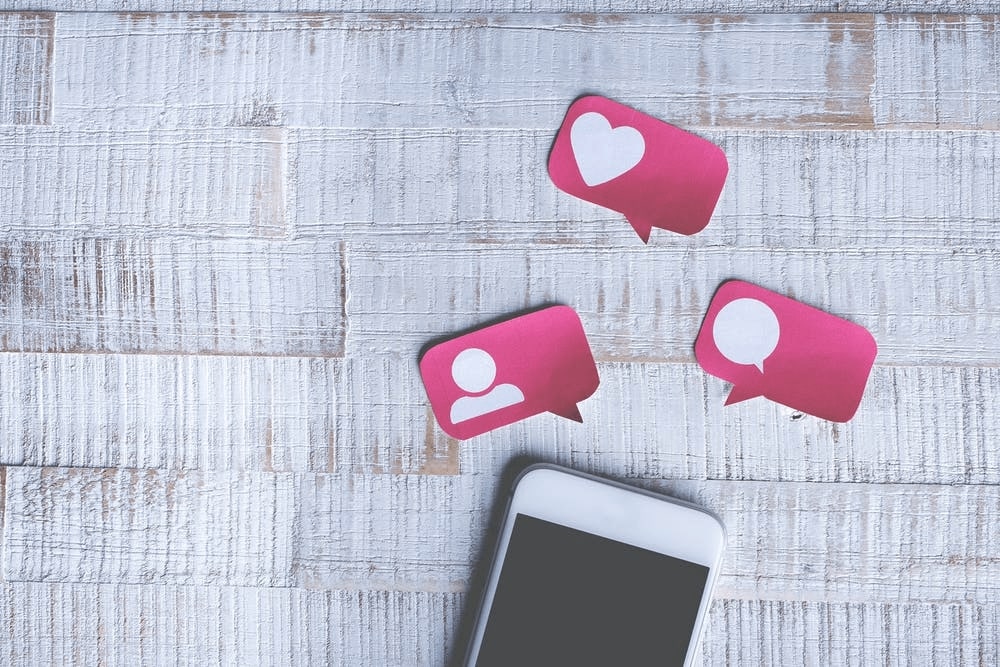
Social Media and Social Isolation
Spoiler: I’m not a big social media fan. And I’m going to encourage you to stop looking for a social connection on social media. In fact, I think our adherence and addiction to social media increases our sense of social isolation, leading to part of the connection between social isolation and mental health.
We may get that quick rush of energy getting a “like” on a post of ours, but that quick shot of dopamine that comes to us isn’t followed up by a real, connected relationship. It’s like our brain is telling us we are building a community of people, but then when our emotions catch up, we don’t find meaningful connections. Instead, we feel lonely. That dissonance can be quite painful.
Cavemen didn’t have ways to get superficial virtual validation–their shots of social dopamine were a result of meaningful, in-person connections. So our neuropathways tell us that virtual validation equals connectedness. Unfortunately, our brain doesn’t have a way to distinguish the difference between the two. So the conundrum begins.

Health Effects of Social Isolation
Cue the dramatic statement: social isolation is killing us.
Social isolation → loneliness → depression → physical and mental decline → chronic illness.
Ways social isolation is detrimental to our mental and physical health
- Burden of stigma
- Disrupting sleep patterns
- Reducing immune health
- Increased inflammation
- Increased stress hormones
- Increased risk of stroke
- Increased risk of heart disease
- Shortened life span
- Accelerate cognitive decline in older adults
- Socially isolated children have poorer health 20 years later
[read this article where I found the effects of social isolation from the New York Times on How Social Isolation is Killing Us]

Ways to overcome the painful effects of social isolation
Accepting the Reality of Social Isolation
It might not be fun to hear all of this, but in my work with clients, I think that without hard realizations and accepting reality, we can’t move forward and make change. Therapy doesn’t work when we coddle people, nor does our process of change.
So now we know how serious social isolation can be. And the corrosive aspects of it can happen slowly over time, as in, we don’t realize how isolated we feel until it gets truly significant. But don’t get too afraid. We are 100% able to overcome social isolation, even though our society is placing many traps to keep us in the loop of superficial social satisfaction.
[If you’re feeling the extreme effects of social isolation, and are having thoughts of ending your life, I strongly recommend for you to contact the National Suicide Prevention Hotline to get support. The first step can be difficult, but it is well-worth reclaiming your life. You can also click here to schedule a session with a therapist at Best Therapies for consistent, long-term support.]
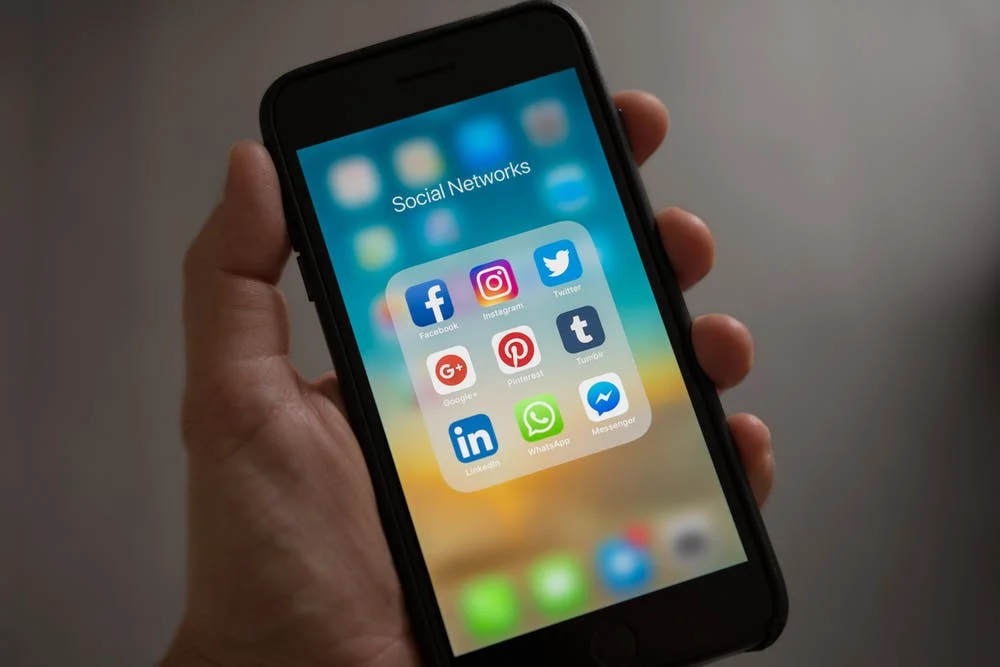
Society Keeps us in the Cycle of Social Isolation
Here are some ways that I think our society traps us in a cycle of social isolation, from environmental triggers, ways we are socialized, technology, cultural norms, societal values, workplace environments, and more.
Ways Western society traps us in a cycle of social isolation
- more people live alone than ever
- decrease in structured, organized social activities
- learning from childhood to not trust strangers
- being afraid to talk to strangers in public settings
- having lives consumed with work (Western valuing money over connectedness)
- our brains tricking us that social media means we are connected
- having the major ways we interact be more superficial (i.e. texting versus calling)
- difficulty (in larger cities) getting physically together
- workplace settings often have a superficial culture
- culture of “ghosting” leads to fear of closeness
- younger people aren’t learning social skills
- we are becoming lazy–connecting superficially (text, social media, etc) versus taking time to connect one-on-one with people
Additional Read: Am I Depressed or Lazy? Differences You Need To Know
- constantly being distracted by technology, so when we do sit down with someone we aren’t really there
- constant and chronic misunderstandings in relationships with our partner(s), family, and friends without the skills to work through them
- dating is oftentimes based on casual sexual interactions, even if one party is interested in something more committed
- we don’t learn skills to sit with uncertainty and loneliness, therefore not processing them
- oh yeah– and a PANDEMIC
So the theme is: there are a lot of things going against us from the way our society is organized that deeply and pervasively affect levels of social isolation. But one way we can use this for us is to realize that there isn’t something horribly wrong with us. Oftentimes a good chunk of it is our environment.
So for us to consciously choose to improve our lives, we must take connecting with others (and ultimately ourselves) into our own hands. For me, this is a matter of gaining the skills, because once you have the skills, it won’t feel as overwhelming and it won’t be incredibly difficult.

How COVID Made Combating Social Isolation Harder
- Our brains don’t find virtual interactions as meaningful as in-person interactions.
- When we do meet with people outside our household, oftentimes there is a cloud of shame and guilt that we could be putting ourselves, the other person, or people we both interact with at risk.
- Constant state of stress regarding death, the way the government is handling the pandemic, and the societal conflict between how *real* people perceive the pandemic to be.
- When we are in a constant panic state, we are unable to make rational decisions and tune into our social needs.
- We can’t read people’s facial expressions as much with a mask on, which decreases our feeling of being mutually empathetic towards one another.
- We feel what has been called “zoom fatigue” at work (if we are working remotely) so following that up with more virtual interactions can often feel exhausting, even if those interactions offer us a chance to connect with others.
- Our general stress, anxiety, depression, and exhaustion because of the pandemic reduces our motivation to connect with others.
- Frontline workers can feel pressure to not interact with others outside of work due to their consistent exposure to the public.
- We are learning to be afraid of strangers physically, which decreases the quality of small interactions that used to be built in our lives (such as a friendly interaction with a barista).
Must Read: Quarantine Blues: Steps to Fight Anxiety, Uncertainty & Fear of Pandemic
[Here’s an interesting article from the New York Times on how the pandemic affected our ability to socialize with others.]
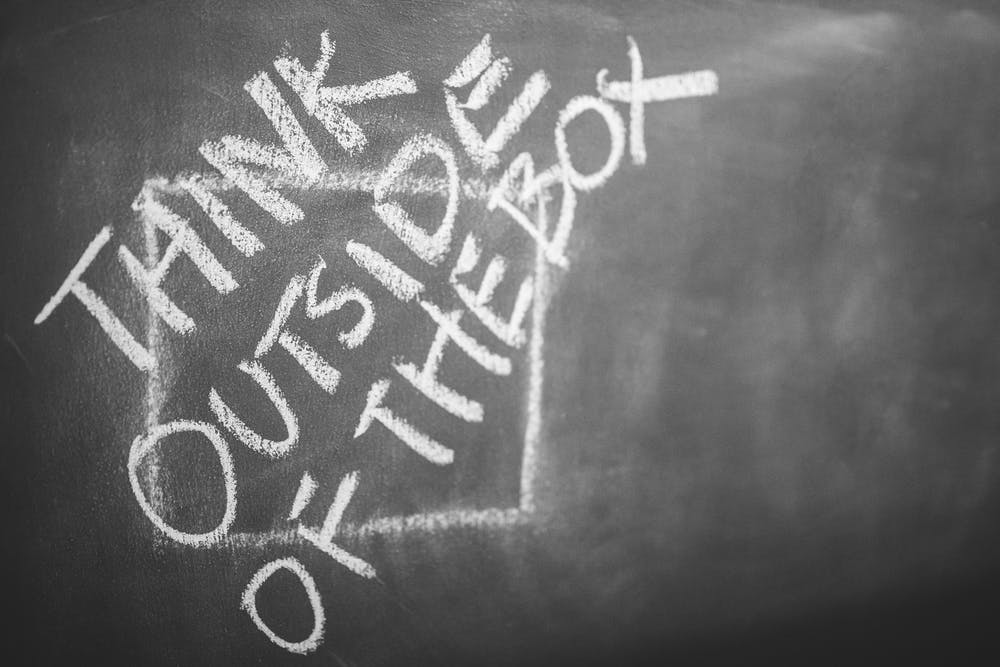
Solving Your Problems: Let Your Inner Wisdom Guide You
A primary philosophy of my work with clients: your body and mind have the inner wisdom to solve your own problems. It is considerably more empowering to learn to answer your own questions rather than looking to outside sources to solve them for you.
We are not taught to listen to our bodies, and therefore live most of our lives disconnected from potential data that can really improve our quality of life. When we start checking in with our body, it can tell us more than just where we feel pain–it can open up the door to healing dysfunction in our lives.
You have the ability to begin to listen to your own inner voice, which can give you directives to change the way you live your life. It takes practice to start listening to this part of you, but once you begin, empowerment will flow.
Outside sources can help to a certain extent. However, whether they are family, friends, professional help, or authors, they cannot presume to understand the unique complexities of what it’s like to be you. Only you have the power to truly understand yourself.
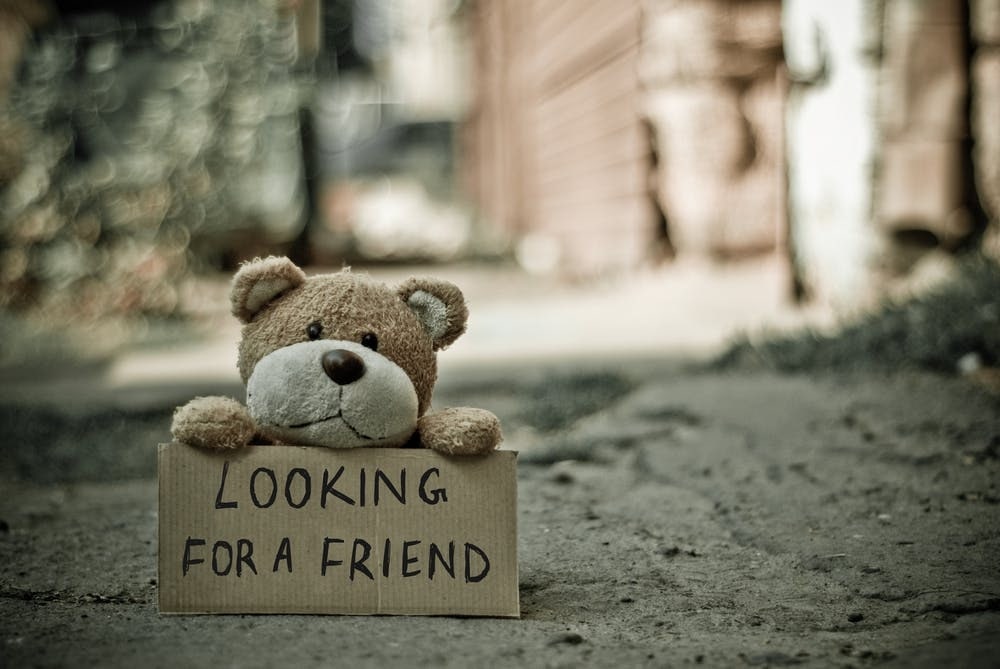
Figure out Your Social Needs
5 Steps to Figure out Your Social Needs:
1. Take an inventory of your social interactions in your life and how much they mean to you.
- What social interactions give you the deepest feeling of connection?
- What are the typical social interactions you have and what is their typical effect?
2. Ask yourself what types of communities (larger groups of people) and relationships (individual people) are the most meaningful to you.
- Are you interested in joining a support group, spiritual community, community of similar thinkers, exercise group, exploring your hobbies with others, etc? Be creative.
3. Begin to understand your own social needs.
- Don’t force yourself to think that you can do life all alone, and you don’t need other people. There are healthy ways to need others, outside of codependent or dysfunctional tendencies that we can learn in our childhoods.
4. Take a realistic tally of your own social skills.
- Where do you need to improve?
- Where are your strengths?
- What social situations do you feel most comfortable in? How can you recreate them?
- Where do you think you could gain skills to feel more comfortable interacting with others?
5. What is blocking you from engaging with others socially?
- Are you afraid of rejection or failing in your bids to interact with others?
- Do you continue to put energy into less meaningful interactions (as in texting, going on social media, etc)?
- How much care and empathy do you show others? Think about what you give in social interactions, not just what you get.
- Are you really engaging in your primary relationships? How many moments of connectedness do you have with these people? Are there ways you can carve out time to deepen these relationships?
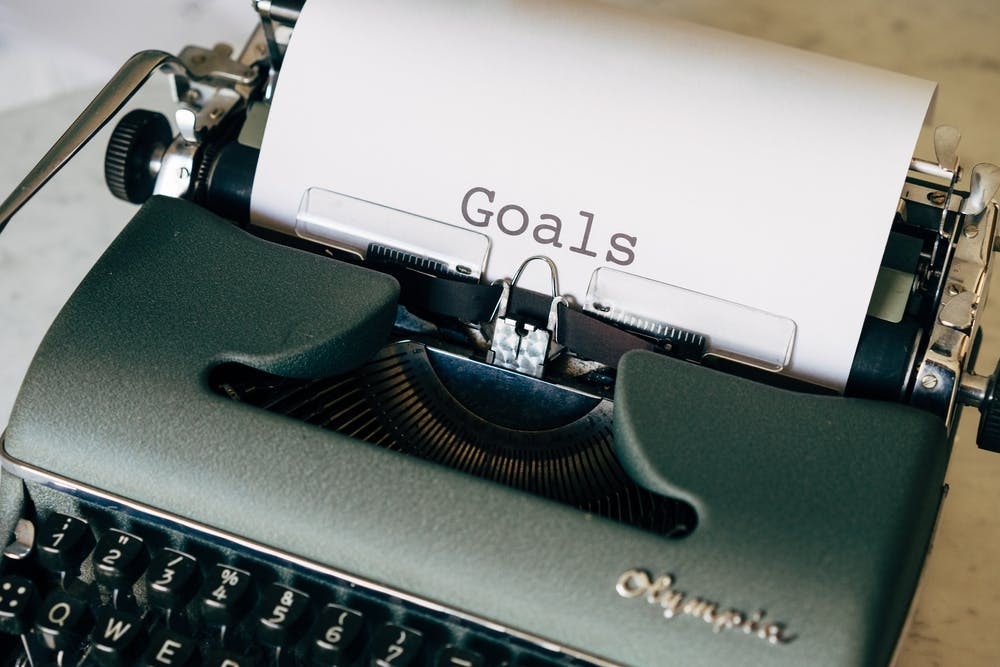
Make an Action Plan to Overcome Social Isolation
5 Steps to Make an Action Plan to Overcome Social Isolation
1. Create small, achievable goals to increase your meaningful social interactions.
Think about what you can do each day and each week to gain social skills and increase your social connectedness.
2. Accept that not all your bids for social connection will be successful.
Embrace that not everything you try will work, and the same thing won’t work with every person.
3. Allow for discomfort of learning a new skill.
It’s okay to feel uncomfortable in this process. Remind yourself that you are gaining a skill-there is not something inherently wrong with you.
4. Keep yourself accountable. Check in regularly with yourself.
Check in with yourself at a regular interval (such as every Sunday night) to see where you are progressing. Be compassionate with yourself.
5. Acknowledge that creating real, meaningful connections takes time. Be patient with yourself.
Be willing to do the hard work. It truly pays off in the end.
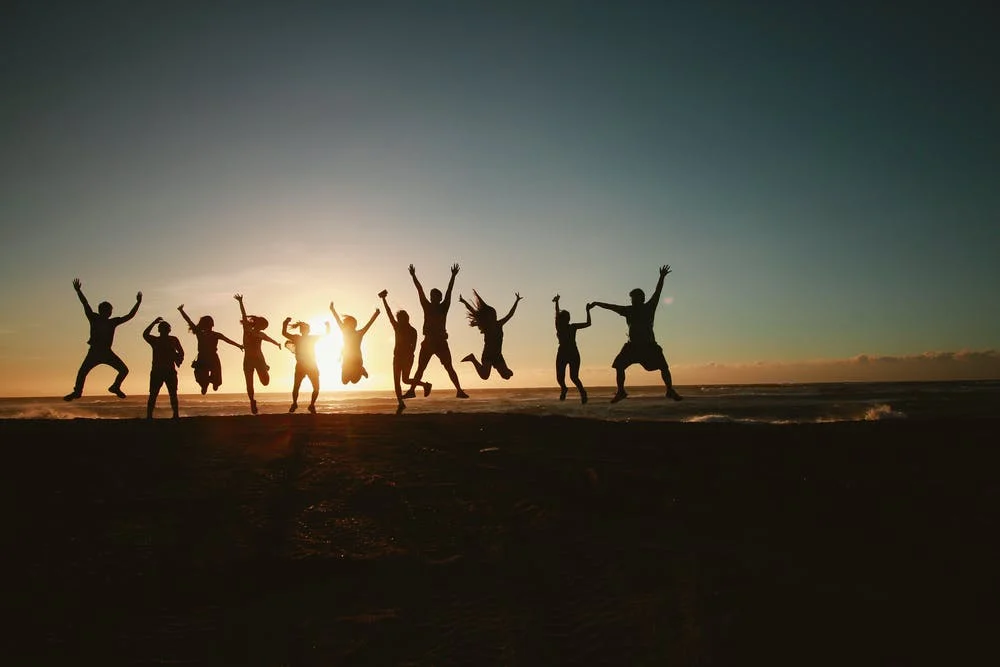
Conclusion and Take-Aways
You are not alone in your feelings of social isolation. Our society sets us up for this predicament, but we have the power to change.
Remember: quality versus quantity. You may be feeling socially isolated due to the quality of your relationships. Search for meaning.
Social isolation has serious consequences to not just our mental but also our physical health, including shortened life span, sickness, and mental illness.
Start listening to your body and your emotions to become attuned to your social needs. Take time to check in with yourself, which could be as simple as a deep breath with your eyes closed, asking yourself, what do I need now?
Trust your own inner wisdom. It’s easy to feel lost, but once you get past the fog, you find a lot on the other side.
Utilize small steps and create an action plan to begin to reach out to others.
If you are having strong feelings of isolation, I strongly suggest reaching out for support, including friends, family, partner(s), suicide hotline , psychiatry, and/or therapy.
You are welcome to reach out to a therapist to see who would be a good fit and begin your journey of feeling a more meaningful, connected life.
What would you like to hear about from our therapists? What are you looking for guidance with? At Best Therapies, we are committed to trying to help as many people as we can, because folx need it, right now. Write to us, and we will use your thoughts for future blog posts. Be well.
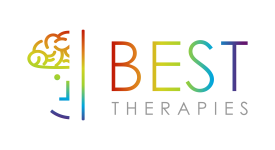


2 Responses
I am very impressed with this article, Caitlin. It is something that can benefit anyone and very down to earth, real, and practical. I especially like your emphasis on the role of meaningful connections that are not superficial. Good for you.
Great article, Caitlin!! A lot of really valuable stuff here, I especially appreciate the emphasis on quality vs quantity which I personally can work on. Good job!